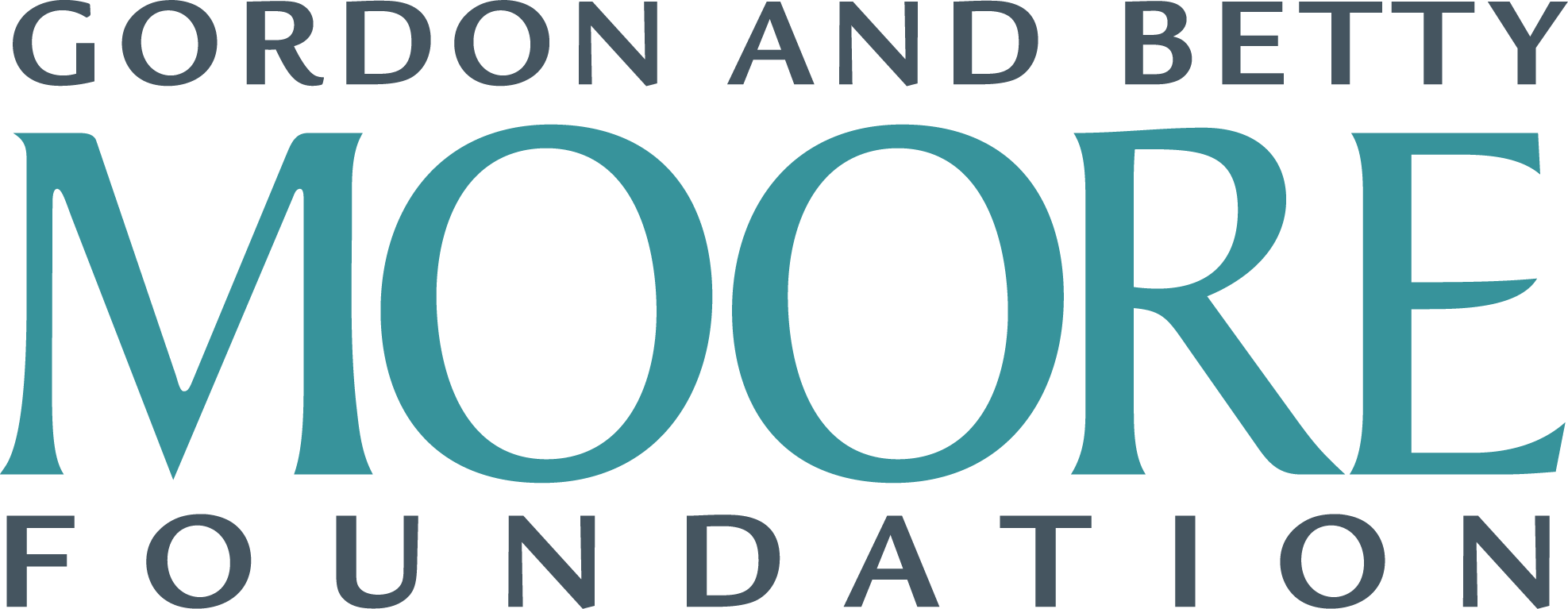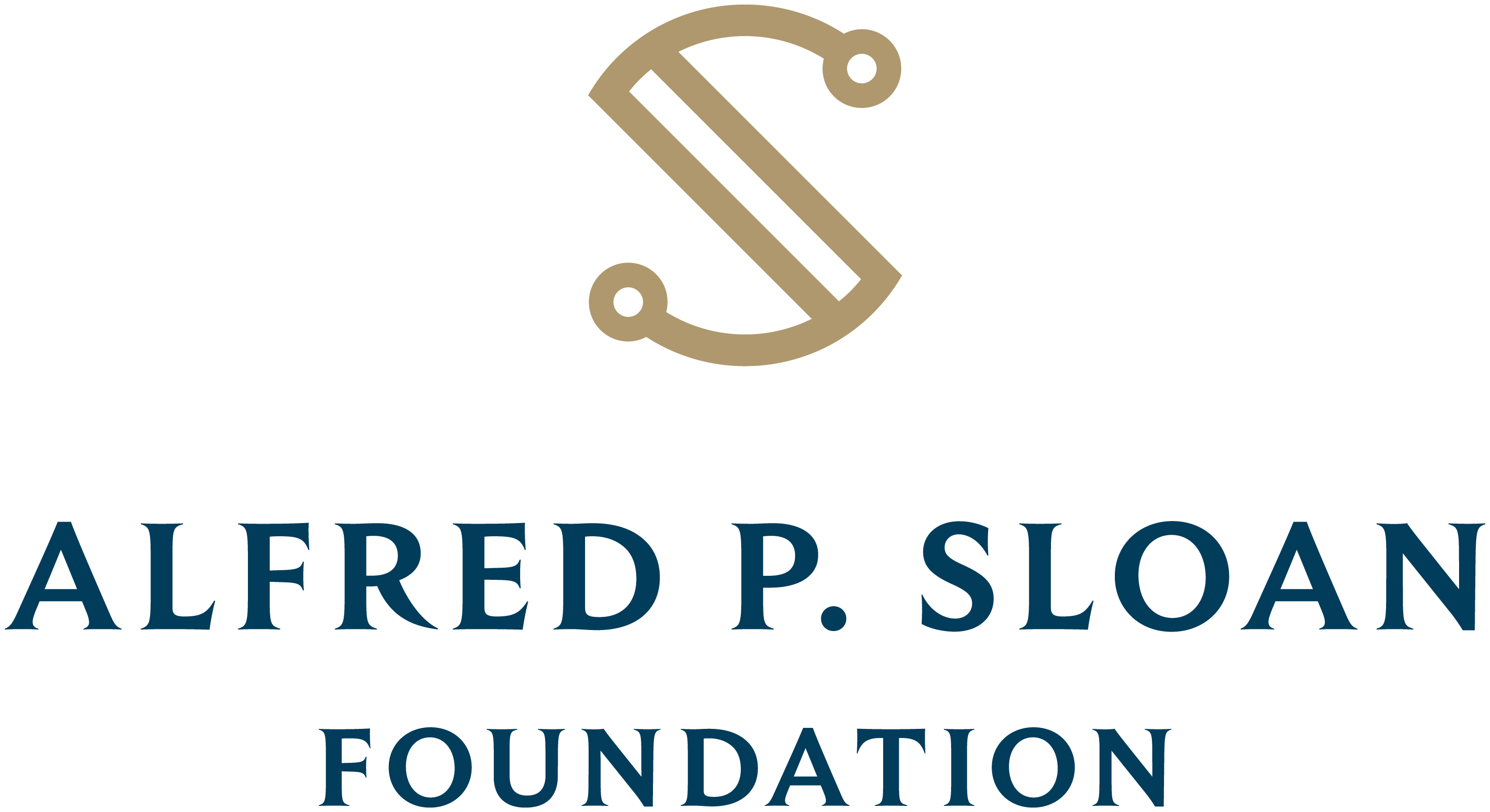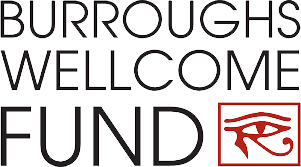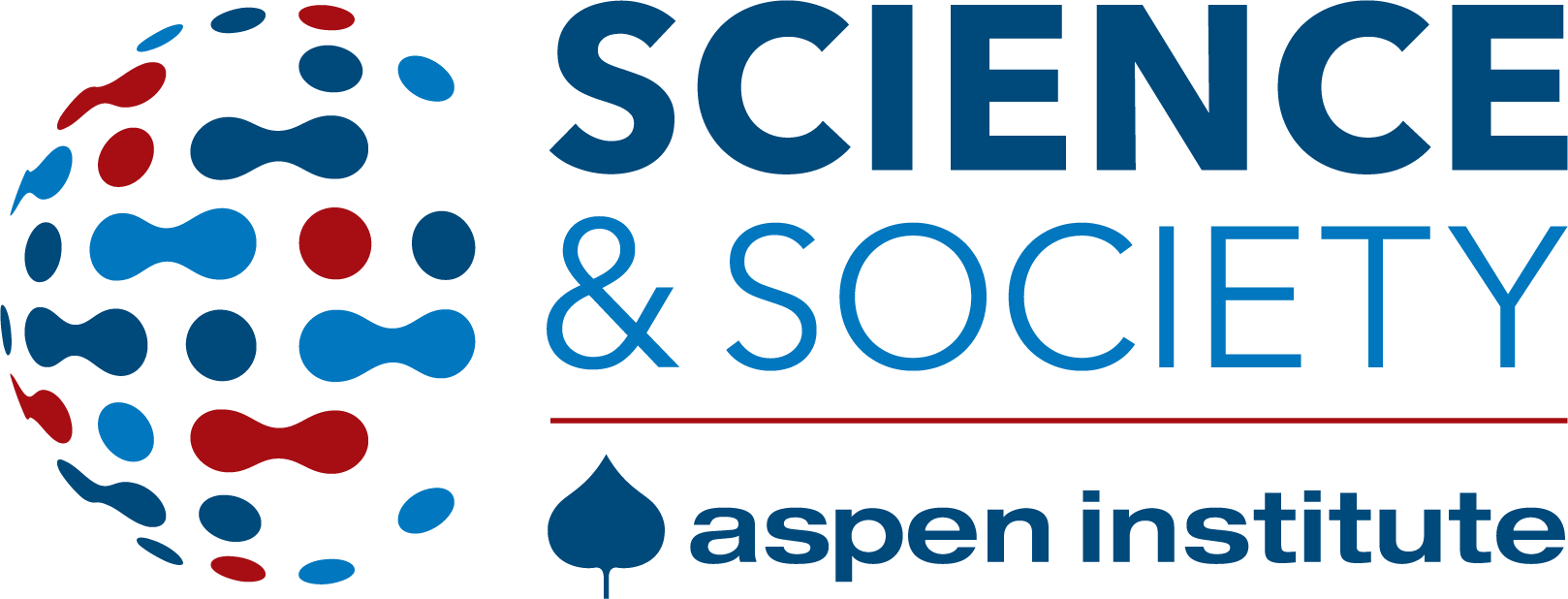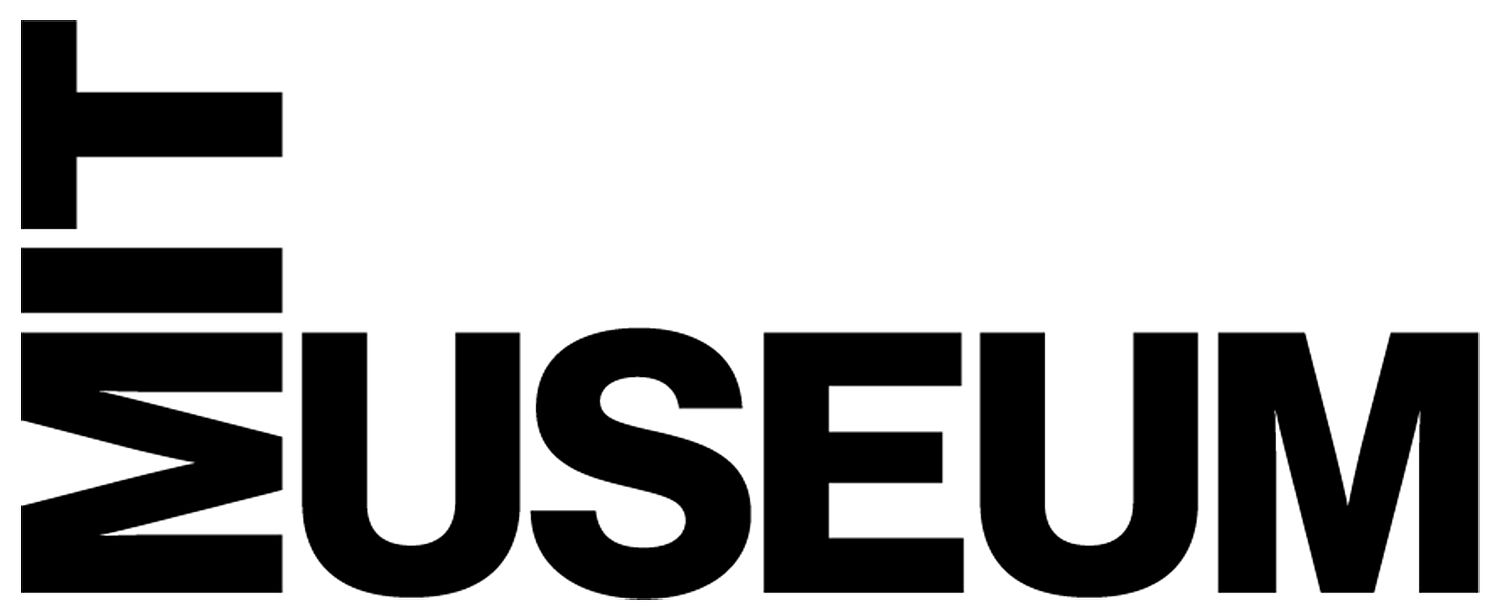Building Trust in Science for a More Informed Future

Building Trust in Science for a More Informed Future, a collaboration between the Aspen Institute Science & Society Program and the MIT Press, aims to bridge the gap between the evidence-base on how humans process and understand information, and the vulnerabilities to misinformation and propaganda we endure when we fail to leverage this knowledge in communicating science, especially in the age of generative AI.
This conference on March 10, 2025, at MIT in Cambridge, MA, with additional masterclasses the next day, March 11, 2025, will be ideal for science communicators, journalists, researchers, students, policymakers, and anyone interested in mobilizing knowledge for a better world. The conference and masterclasses will explore how journalists, science communicators, researchers, and policymakers can utilize knowledge about human learning to
- Empower diverse groups to make informed decisions in a complex world;
- Combat disinformation and build trust in science and scientists;
- Amplify voices and perspectives historically marginalized by science and journalism; and
- Craft impactful messaging that fosters active and engaged communities where science is a cornerstone.
With support from
Conference Plan
(all times EST)
8:00am – Registration and breakfast
8:55 – Welcome from organizers and emcee Cara Santa Maria (creator and host of the weekly science communications podcast Talk Nerdy Cara Santa Maria)
9:00 – Formal opening remarks by MIT Provost Cindy Barnhart and MIT Institute Professor Robert Langer –
9:15 – Joint keynote address: Francis Collins (Former Director of the National Institutes of Health) and Lina Yassin (Sudanese climate journalist and development consultant); moderated by Alfred Ironside (VP for Communications, MIT) –
10:15 – When Two Tribes Go to War: Polarization and Science Communication –
Abstract: Why do groups become polarized around some scientific topics (climate change, vaccines, GMOs) but not around others (astrophysics, fluid dynamics)? What can science communication practice learn from social psychology and behavioral sciences in relation to the processes of group polarization? What communications strategies can address or mitigate against polarization? Our panelists will explore the nature of group polarization, its implications for science communication strategies, and its relationship with motivated reasoning, identity and trust.
- Lee McIntyre, Research Fellow at the Center for Philosophy and History of Science at Boston University and a Senior Advisor for Public Trust in Science at the Aspen Institute
- Dietram Scheufele, Taylor-Bascom Chair in Science Communication,University of Wisconsin Madison
- Lily Tsai, Ford Professor of Political Science, Director, MIT Governance Lab
- Moderated by Michael John Gorman, Director of the MIT Museum, and Professor of the Practice of Science, Technology, and Society)
11:15 – Break
11:30 – Arts interlude: Stuart Goldsmith, Climate Comedian; including a conversation with Jason Jay, Director of the Sustainability Initiative at MIT Sloan –
11:45 – Climate Communication After the Age of Denial –
Abstract: As a large majority of the public has come to accept the reality of climate change, the frontiers of climate communication have moved on to the pressing questions of how we will respond, and how fast. But what do we really know about how communicators can best inform and influence behavior change around climate issues? This panel will dig into the state of knowledge on how audiences receive different types of climate messaging, which behaviors communicators can impact and how, and how non-traditional science communication in entertainment, news and popular and social media offer unique opportunities to influence public opinion and action.
- Lauren Feldman, Professor of Journalism and Media Studies, Rutgers School of Communication and Information
- Bernadette Woods Placky, Chief Meteorologist and Director of Climate Matters, Climate Central
- Anirudh Tiwathia, Director of Behavioral Science, Rare Center for Behavior & the Environment
- Madalina Vlasceanu, Assistant Professor of Environmental Behavioral Sciences, Stanford, and Director of the Stanford Climate Cognition Lab
- Moderated by Deborah Blum, Executive Director, Knight Science Journalism program
12:45 – Before lunch, join an exclusive screening of the 5-minute sizzle reel of the forthcoming feature-length documentary Six Degrees From Science by the Aspen Institute Science & Society Program
12:45 – Lunch and discussion tables
2:00 – The Power of Public Health Storytelling for Societal Transformation –
Abstract: This session will explore how storytelling can be a powerful driver of societal change and a tool for rebuilding trust in public health. Strengthening trust is crucial, as it can significantly impact how communities respond to and recover from public health crises. Through real-world case studies and expert insights, participants will discover how narratives can bridge the gap between complex health information and the lived experiences of diverse communities. Grounded in evidence and theory, this session will highlight storytelling strategies that resonate emotionally and culturally, fostering understanding, driving behavior change, and improving public health outcomes. Participants will leave empowered to craft stories that inspire action and contribute to equitable solutions.
- Lori Rose Benson, Former CEO, Hip Hop Public Health; Principal, Sanus Advisors
- Melissa Fleming, Under-Secretary-General for Global Communications, UN Department of Global Communications
- Laura Hughes, Principal & Founder of Gusto Partners, LLC; former Director of Narrative Strategies, PolicyLink
- Erica Rosenthal, Director of Research, USC Annenberg Norman Lear Center
- Co-moderated by Amml Hussein, Civic Science Fellow, Boston University; President-elect, National Association of Social Workers (NASW), New Jersey chapter
- Co-moderated by Jylana L. Sheats, Associate Professor, Tulane University School of Public Health; Associate Director, Aspen Institute Science & Society Program
3:00 – Arts interlude: Hip Hop Public Health
3:15 – Break
4:00 – The Good, Bad and the Ugly: The Role of Generative AI in Undermining but (potentially) Rebuilding Trust –
Abstract: It’s early days, but one thing is clear – Generative AI is disrupting a number of industries including media, education, research and medicine. On one hand, it is supercharging the production of disinformation and propaganda, it’s automating workflows and creative processes putting a large number of careers in jeopardy. But it’s also offering exciting opportunities for investigative journalism, translation and synthesis, and more empathetic communication. This expert panel will take a broad look at how AI tools are shaping our trust in the media we consume and what that means for rebuilding trust in our society.
- Renee Cummings, Professor of Practice in Data Science at the University of Virginia, 2023 VentureBeat AI Innovator Award winner, and the first Data Activist-in-Residence at the UVA School of Data Science
- David Rand, Erwin H. Schell Professor and Professor of Management Science and Brain and Cognitive Sciences at MIT, the director of the Applied Cooperation Initiative
- Claire Wardle, Associate Professor, Department of Communication at Cornell University
- Moderated by Mariette DiChristina, Dean of the Boston University College of Communication
5:00 – Key Takeaways: Directions for Future Research and Action –
Abstract: Rick Berke in conversation with Kai Kupferschmidt. Kai, who has reported on infectious diseases for 15 years, devoted a year as an MIT Knight Science Journalism Fellow studying misinformation, and Rick will talk with him about what he learned in that deep dive, his takeaways from the conference, and a look to the future.
- Rick Berke, co-founder and executive editor of STAT
- Kai Kupferschmidt, contributing correspondent for Science magazine
5:30 – Cocktail reception and poster session
Masterclasses
The day after the conference, the MIT Museum is organizing three-hour ancillary masterclasses, on Tuesday, March 11, 2025, for conference participants and others interested in hands-on training in key formats and aspects of science communication. Registration for these masterclasses will be available alongside the conference registration in early 2025. The schedule will allow for participation in up to two masterclasses.
- Science Podcasting Masterclass with Cynthia Graber
- Tuesday, March 11, 9:00 am – 12:00 pm
- Do you want to get a jumpstart on making a science podcast — or learn the skills to take your podcast to the next level? Cynthia Graber, co-host/co-founder of the popular, award-winning podcast Gastropod and audio instructor at the MIT Graduate Program in Science writing, will provide detailed, hands-on instruction in the recording, scripting, and editing necessary to make your podcast sing.
- Writing Compelling Science Books Masterclass with Ainissa Ramirez
- Tuesday, March 11, 9:00 am – 12:00 pm
- Authors can transform mountains of information into an engaging book by employing the craft of storytelling. In this masterclass, Dr. Ainissa Ramirez, the award-winning author of The Alchemy of Us, will share lessons including how to hook a reader, ways to develop a theme, how to nurture one’s voice, and ways to build a structure to create your own book. She also will provide tips on ways to incorporate the human element into a book project by employing a range of sources—from interviews to archival materials. Participants can expect in-class activities to punch-up their prose.
- The Craft and Business of Authorship Masterclass with Deborah Blum and Seth Mnookin
- Tuesday, March 11, 1:00 – 4:00 pm
- In this storytelling master class, two best-selling non-fiction authors from MIT, Seth Mnookin, director of the Graduate Program in Science Writing at MIT, and Deborah Blum, director of the Knight Science Journalism program, offer instruction in the craft and business of writing and selling a popular book. Topics will include finding the right agent, proposal drafting basics, techniques for researching and organizing your book, elements of style and story structure, along with tips on promotion and marketing, based on lessons both authors have learned from their own experiences and from their knowledge of the trade book industry.
- Community Listening with AI Masterclass with Deb Roy and the Center for Constructive Communication
- Tuesday, March 11, 1:00 – 4:00 pm
- In this masterclass we will examine why trust is declining, how people decide what to believe, and strategies to rebuild the critical connection between society and science. We’ll share ideas for how to counteract this erosion and safeguard our democracy. Through interactive discussions and review of a variety of use cases, you’ll discover how to create meaningful spaces for curiosity, conversation, and trust. Deb Roy is professor of Media Arts and Sciences at MIT where he directs the MIT Center for Constructive Communication (CCC). As the Head of Translational Research at the MIT Center for Constructive Communication, Dimitra Dimitrakopoulou leads sociotechnical research at the intersection of dialogue, technology, and design.
The planning committee for this conference includes
- Rick Berke, Co-founder & Executive Editor, STAT
- Deborah Blum, Director, MIT Knight Science Journalism Program
- Amy Brand, Director and Publisher, The MIT Press (program co-chair)
- Mariette DiChristina, Dean of the Boston University College of Communication
- Michael John Gorman, Mark R. Epstein (Class of 1963) Director, MIT Museum and Professor of the Practice of Science, Technology and Society at MIT
- Amml Hussein, Civic Science Fellow, Boston University; President-elect, National Association of Social Workers (NASW), New Jersey chapter
- Alfred Ironside, Vice President for Communications, MIT
- Aaron Krol, Managing Editor and Program Officer, MIT Climate Change Engagement Program
- Thomas Levenson, Professor of Science Writing and director of the graduate program in science writing, MIT
- Lee McIntyre, Senior Advisor for Public Trust in Science at the Aspen Institute
- Aaron Mertz, Executive Director, Aspen Institute Science & Society Program
- Seth Mnookin, MIT Professor & Director of the Graduate Program in Science Writing (program co-chair)
- Jylana Sheats, Associate Professor, Tulane University School of Public Health; Associate Director, Aspen Institute Science & Society Program (program co-chair)
- Claire Wardle, Co-director of the Information Futures Lab, Brown University
